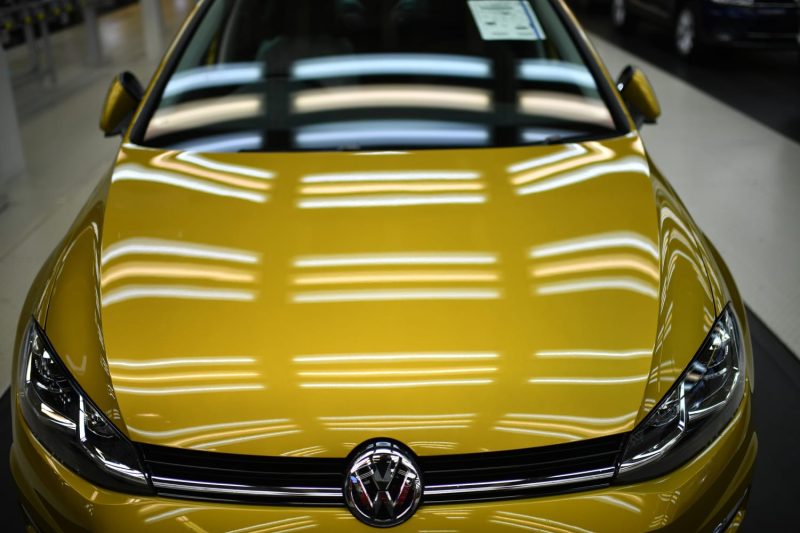In a recent development, Volkswagen has issued a major recall involving approximately 261,000 vehicles due to a critical fuel tank issue. This recall poses a significant concern for both Volkswagen owners and the company itself, highlighting the importance of rigorous quality control and safety measures in the automotive industry.
The impacted vehicles include certain models of Volkswagen Passat, Atlas, Jetta, Golf, Tiguan, and other variants produced within specific manufacturing periods. The primary issue identified in these vehicles relates to a fault in the fuel tank ventilation system, which could potentially lead to fuel leakage. This defect not only poses a serious safety hazard but also presents environmental implications, as fuel leaks can result in harmful emissions and pose risks to the surrounding ecosystem.
Volkswagen’s decision to recall these vehicles is a proactive step towards mitigating potential risks and ensuring the safety of its customers. By addressing the fuel tank issue promptly, Volkswagen demonstrates its commitment to upholding high standards of quality and safety in its products. The company aims to rectify the problem through necessary repairs and modifications, thereby preventing any potential accidents or injuries resulting from the defect.
Owners of the affected vehicles are advised to contact their nearest Volkswagen dealership or authorized service center to schedule an inspection and necessary repairs. It is crucial for Volkswagen owners to take this recall seriously and respond promptly to ensure their safety and the well-being of others on the road. Ignoring such recalls can have serious consequences and jeopardize the safety of both the vehicle occupants and other road users.
This recall serves as a reminder of the complex supply chain and production processes involved in the automotive industry, where even minor defects can have far-reaching implications. Companies like Volkswagen must continuously monitor and improve their quality control measures to detect and address issues before they escalate into significant safety hazards. Transparent communication with customers regarding recalls and proactive measures are crucial for maintaining trust and reputation in the competitive automotive market.
As we navigate the increasingly interconnected and technologically advanced automotive landscape, prioritizing safety and quality remains paramount for both manufacturers and consumers. While recalls are an inevitable part of product lifecycle management, how companies respond to such challenges ultimately defines their commitment to customer safety and satisfaction.
In conclusion, Volkswagen’s recall of 261,000 vehicles over a fuel tank issue underscores the importance of proactive quality control and safety measures in the automotive industry. By promptly addressing the identified defect and prioritizing customer safety, Volkswagen aims to uphold its reputation and maintain trust among consumers. Owners of the affected vehicles should heed the recall notice and take necessary actions to ensure their safety and the integrity of their vehicles. Ultimately, a collaborative effort between manufacturers, regulators, and consumers is essential in ensuring the ongoing safety and reliability of vehicles on the road.



























